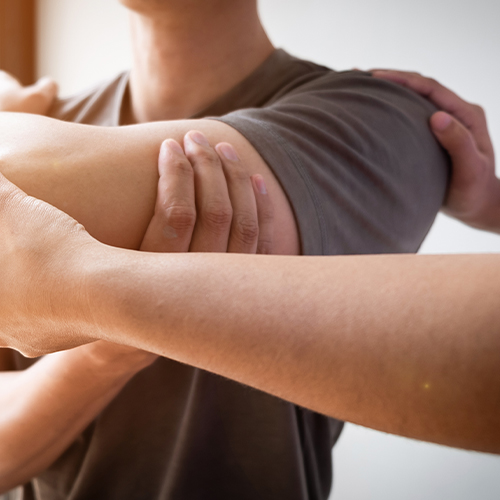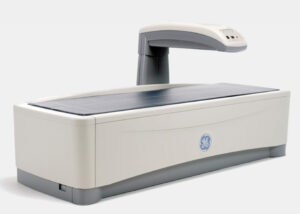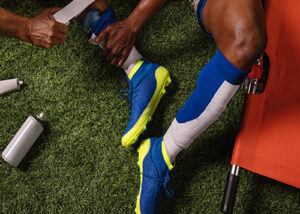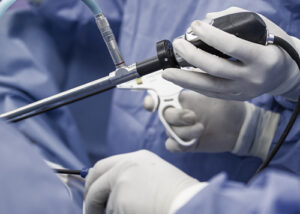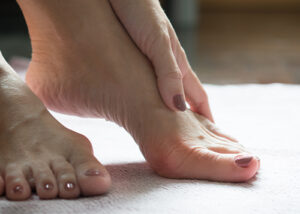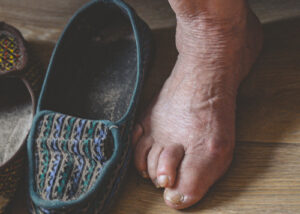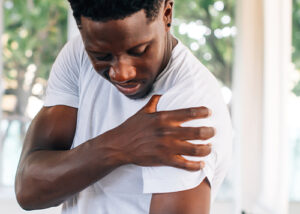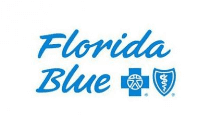Diagnosis requires a medical history and physical examination. Additionally, the Gardner Orthopedics team uses imaging technologies like magnetic resonance imaging (MRI), x-rays, and ultrasounds to visualize your rotator cuff injury with more accuracy.
Initially, recommended treatment may include physical therapy to strengthen weak muscles and over-the-counter medications, like acetaminophen and aspirin, to address pain and swelling.
If exercises and behavioral changes don’t improve your condition, you may be a candidate for surgery. Gardner surgeons tailor the procedures to the injury, but they’re able to perform repairs including:
- Stitching together a tear
- Reattachment of a loose tendon to the bone
- Removal of a small bone or tendon fragments
Based on your injury and general health, surgery may be;
- Arthroscopic, using tiny instruments and a camera
- Open, using larger tools directly on the muscles
- Mini-open, combining arthroscopic and larger instruments
Following surgery, you wear a sling for 1-2 months to immobilize your shoulder. Short, gentle exercise routines increase blood flow and aid long-term recovery which can take up to a year before full use is regained.
If a torn rotator cuff has you looking for South Florida’s best care, schedule a consultation with Gardner Orthopedics by calling or booking online today.
